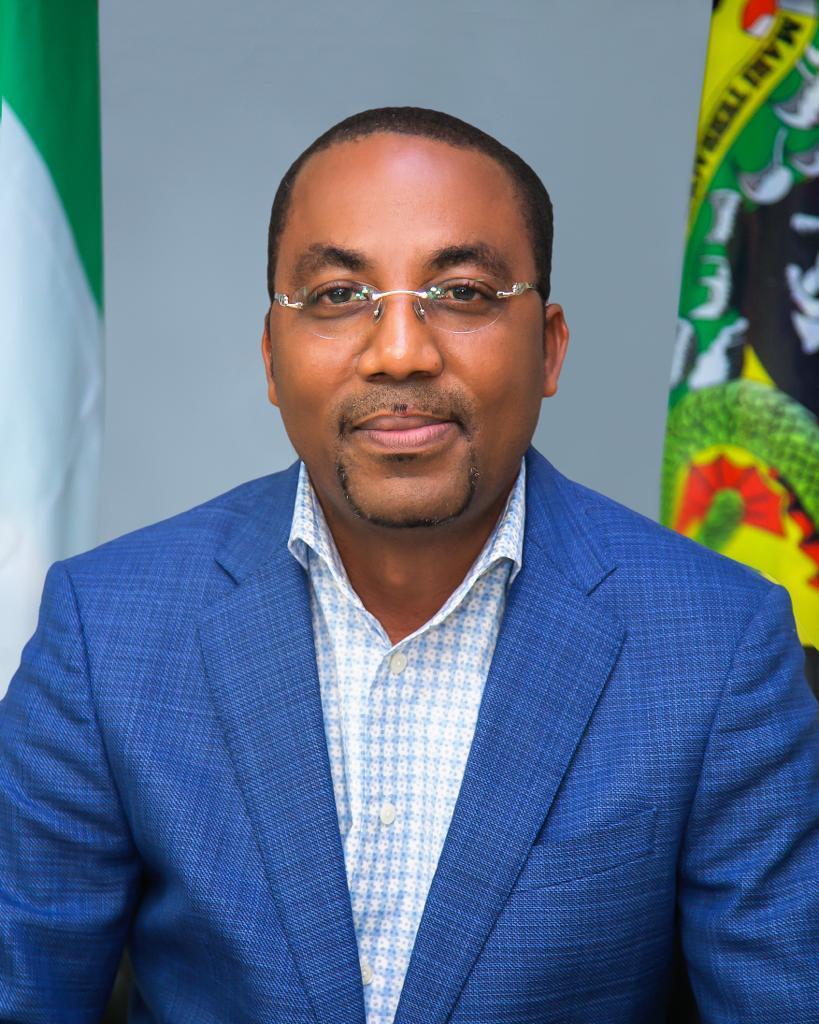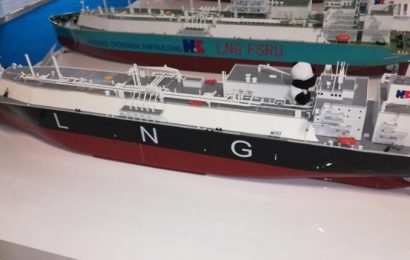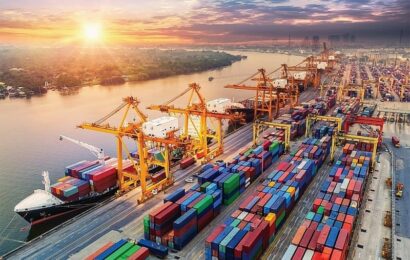
The Nigerian Ports Authority (NPA) has disclosed that the authority had explored various options to find a sustainable Public Private Partnership (PPP) arrangement for the rehabilitation of the Tincan Island quay apron.
The Managing Director, NPA, Mr Mohammed Bello-Koko said this at the Maritime Reporters Association of Nigeria (MARAN) Breakfast Meeting with the theme; ‘Rehabilitation of Tin Can Island Port: Proffering Workable Solutions’.
Bello-Koko, represented by General Manager, Managing Director Office, NPA, Mr. Ayo Durowaye, said the authority was working assiduously to find different options, despite the difficulties in sourcing government funding for the facility.
According to Bello-Koko, the reconstruction of the Tincan Island quay apron is top on the agenda of the infrastructural renewal of the NPA, which covers all the ports across the country.
“Tincan Island is one of the busiest ports in the country. These ports, particularly those in Lagos are handling in terms of cargo and are beyond their built capacity in the last twenty years.

“When you look at the pressure on them, you expect that we should be doing something about it and indeed we are doing something.
He noted that Tincan Island Port had been in existence since 1977.
According to him, between Tincan Island Port and Lagos Port Complex, in terms of volume, they are handling between 60 to 75 percent of the cargo that comes into the country.
He said that what they had, in terms of effects on the facility, was not good, but steps were being taken to ensure that the facilities were kept running.
“Indeed as of today, we have really had discussions with strong organisations with funding and technical competence.
“This is to drive the rehabilitation and renewal effort for port infrastructure across the country, particularly at TinCan.
“The information out there is that vessels cannot come to the Tincan Island environment, but data does not lie.
“MSC Maureen berthed at TinCan in May and it has a length overall of 300 and that is about the second biggest vessel that came into our environment
“We believe that what we have in terms of infrastructure is bad, but it has been able to accommodate the arrival of this vessel even as they work out solutions that will address issues.
“Also, the largest RoRo Vessel came to the Tincan Island axis, just June 28, it berthed around Port and Terminal Multiservice Ltd., discharged cargo, and left,” he said.
He said NPA knew there were infrastructural challenges in the environment but it had not come to the level where vessels were avoiding the facility.
The NPA boss said that the government was supporting the efforts of the authority to find funding partners that would address the infrastructural challenges facing the ports.
“What we are doing is actually in the conclusive stage of discussions with both local and international partners with the requisite financial and technical competence to forge this infrastructural development effort.
“NPA is not resting on its oars, they are taking specific steps that are tangible and verifiable to develop port infrastructure across the country and Tincan Island is in focus.
Also, The President General, of the Maritime Workers Union of Nigeria (MWUN), Adewale Adeyanju, said that MARAN’s event exposed to the whole world that all was not well with the country’s ports.
According to Adeyanju, it is not only the Lagos port that has issues, the One port and many others have similar issues.
He noted that NPA had given the port out to concessionaires and as a landlord, unfortunately, it does not have a sledgehammer to enforce sanity.
He noted that there were terminal operators who operate well and some that do not, adding that the association was on the lookout for those that do not operate accordingly.
Earlier, Dr. Eugene Nweke, Chairman of the occasion, expressed the need for urgent attention to the critical infrastructure at seaports and suggested declaring a state of emergency.
He emphasised that ports play a vital role in the nation’s economy and trade facilitation, while inefficiencies in the port system result in costly delays for ship owners.





